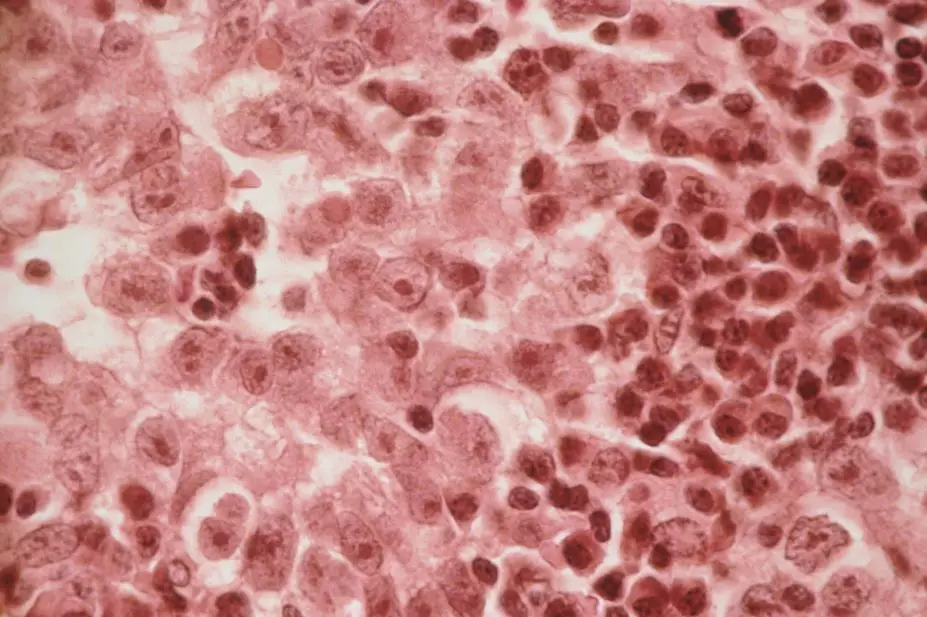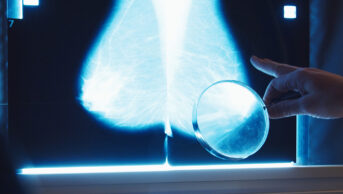
BSIP SA / Alamy
The US Food and Drug Administration (FDA) has fast-tracked the approval of lenvatinib (Eisai’s Lenvima) to treat specific patients with progressive differentiated thyroid cancer (DTC).
Lenvatinib, a kinase inhibitor, has been approved as an orphan medicine for patients whose DTC has progressed despite radioactive iodine therapy (radioactive iodine refractory disease), the FDA announced on 13 February 2015.
A spokesperson for Eisai says that, based on manufacturing timelines, it anticipates the drug will be available through select specialty pharmacies in the United States by the end of February 2015.
The drug was approved two months ahead of schedule because of its potential to significantly improve the treatment of this rare disease.
The FDA approval coincides with the results of a study published in the The New England Journal of Medicine
[1]
, which found that patients who received the drug lived for an average of 18.3 months without their disease progressing, compared with 3.6 months on average for patients taking a placebo. At the same time, the tumour shrank in 65% of patients given lenvatinib compared with 2% of patients in the placebo group.
The most common side effects associated with lenvatinib include hypertension, joint and muscle pain, headache, swelling and pain in the palms, hands and/or the soles of the feet, abdominal pain and changes in voice volume or quality.
Lenvatinib may also cause serious side effects, including cardiac failure, arterial thromboembolic events, hepatotoxicity and renal failure.
The European Medicines Agency is still evaluating lenvatinib for the treatment of papillary thyroid cancer and follicular thyroid cancer.


